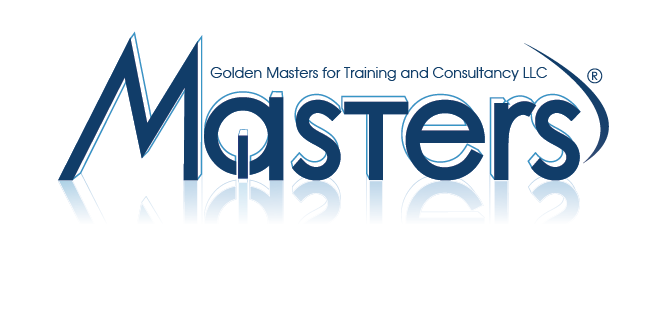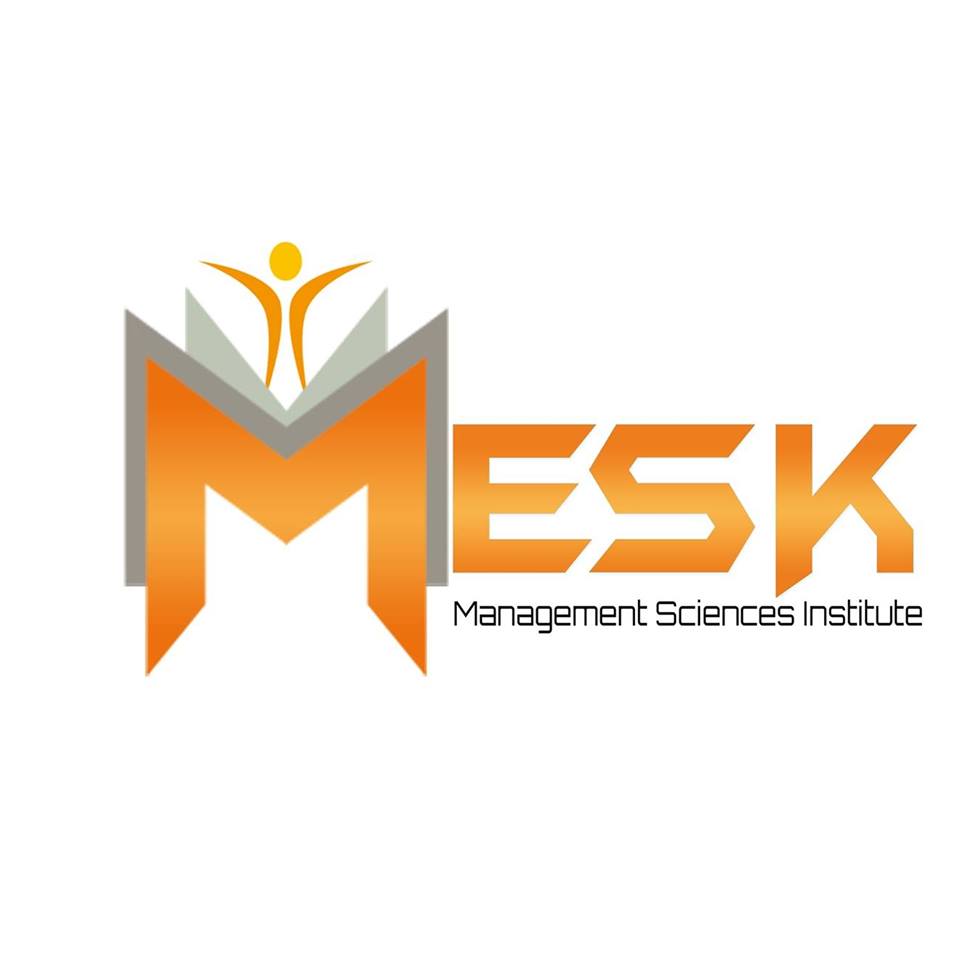This course will guide the participates to develop key concepts and techniques of chemical engineering. These key concepts can be utilized to make operating decisions that can improve your company’s performance.

Masters Training Company was established in response to the growing need for quality training to support the business community within your Company, Department or Organization by providing a high standard of Training Programs, Courses, Seminars, Workshops and Consultancy Services to employees in a very competitive business environment.
Masters is also an approved vendor from KHDA & ILM
(Institute Review)
55 years ago(Institute Review)
55 years ago
'Over Pressure Control Flare Systems' training is offered by Mesk Management Sciences Institute. Kindly contact us to inquire and find out about the schedule and complete outline.

'Carbon Dioxide Surface Facility & Injection System' training is offered by Mesk Management Sciences Institute. Kindly contact us to inquire and find out about the schedule and complete outline.

'Introduction to Process Engineering' training is offered by Mesk Management Sciences Institute. Kindly contact us to inquire and find out about the schedule and complete outline.

'Advanced Casing Design' training is offered by Mesk Management Sciences Institute. Kindly contact us to inquire and find out about the schedule and complete outline.

'Advanced Integrated Production Modeling' training is offered by Mesk Management Sciences Institute. Kindly contact us to inquire and find out about the schedule and complete outline.
© 2025 www.coursetakers.ae All Rights Reserved. Terms and Conditions of use | Privacy Policy